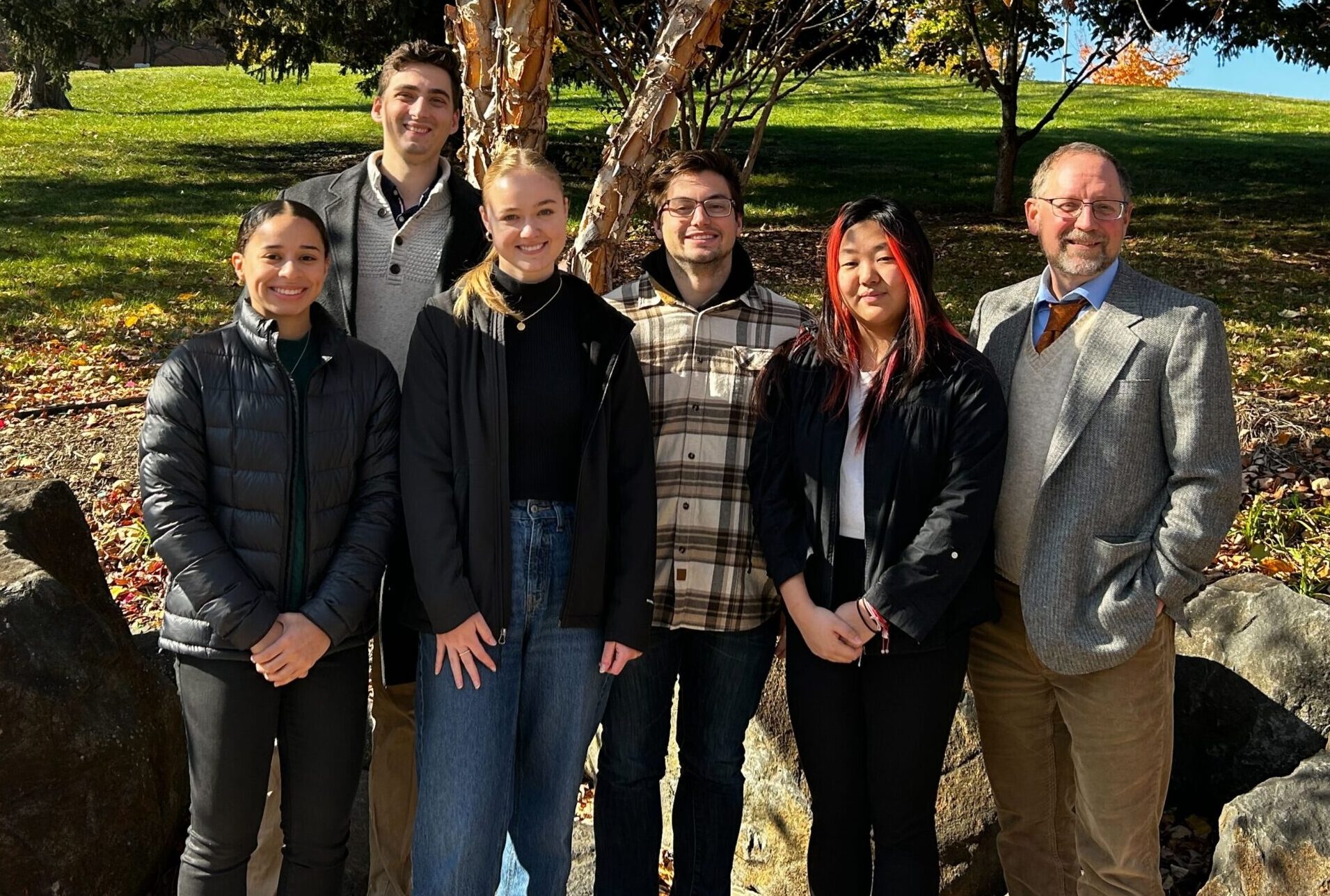Stephen Freeland’s Research Group: Evolution & Design of Amino Acid Alphabets

Our Science:
The Freeland lab studies how and why biological evolution arrived at a set of 20 amino acids with which to decode genetic information. To achieve this goal, we use computers to build and then study amino acid structures from beyond life’s standard genetic code. We refer to these as “xeno” amino acids, and we use the word “xenoproteins” to describe peptides built largely or entirely from xeno amino acids.
Our work is directly relevant to synthetic biology, where experimental scientists are building genetic codes that encode xeno amino acid alphabets. Our primary focus, however, is astrobiology, where the specific focus is the origin and earliest evolutionary steps of life – on Earth or elsewhere
Currently, our research has taken a direct focus on the question: If life originated elsewhere would it use a different set of amino acids to construct oligopeptides, and if so how does that affect ‘standard’ truths of contemporary biochemistry?
Statement of Inclusion and Diversity
Our research group believes that an inclusive research environment that welcomes all individuals equally, regardless of identity or personal history, is morally right and a recipe for good science. We expect and encourage one another to work continuously towards maximizing the potential of all lab members to make novel and important scientific contributions and nurture the next generation of leaders and scientists. This statement was written collaboratively by all members of the lab team.